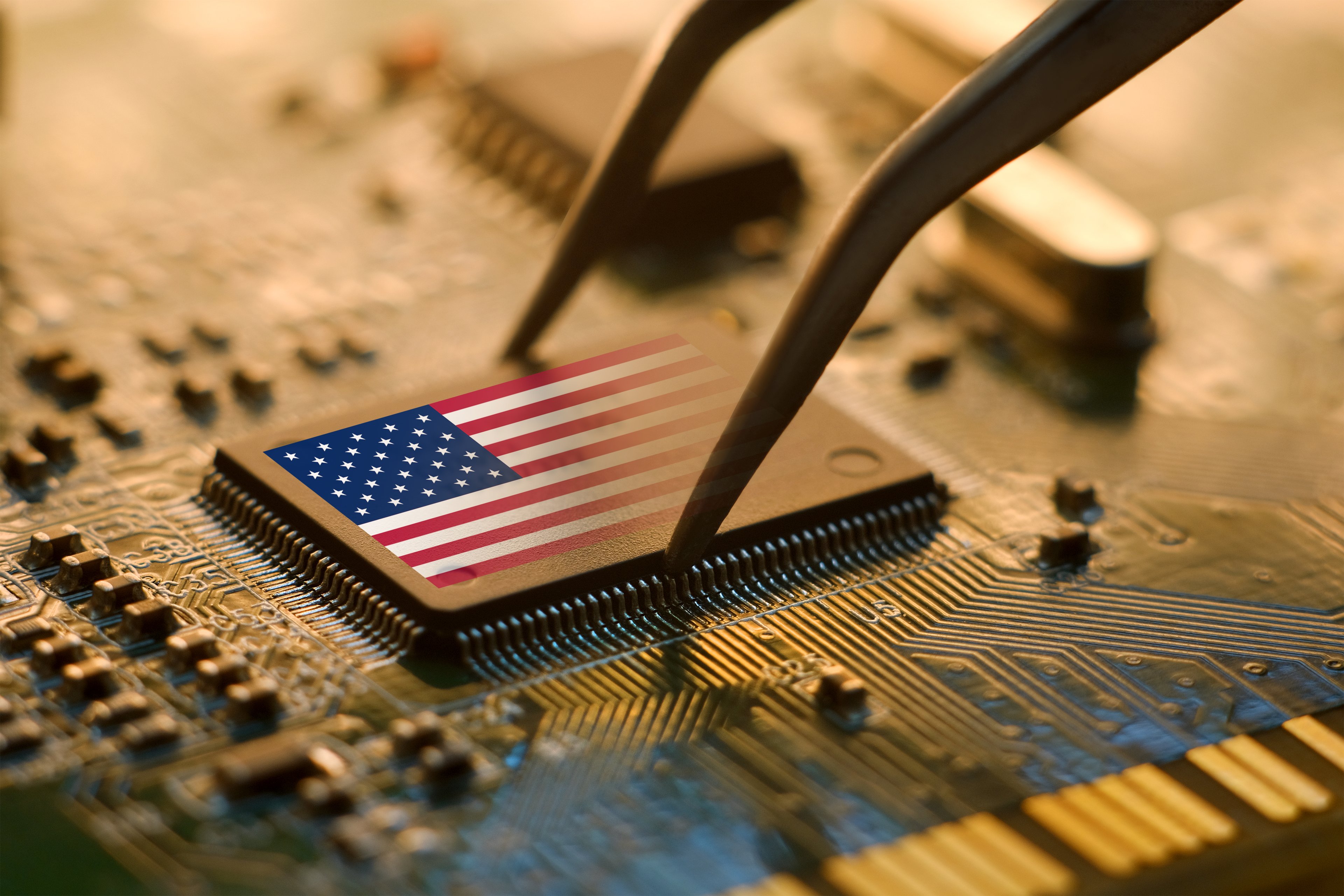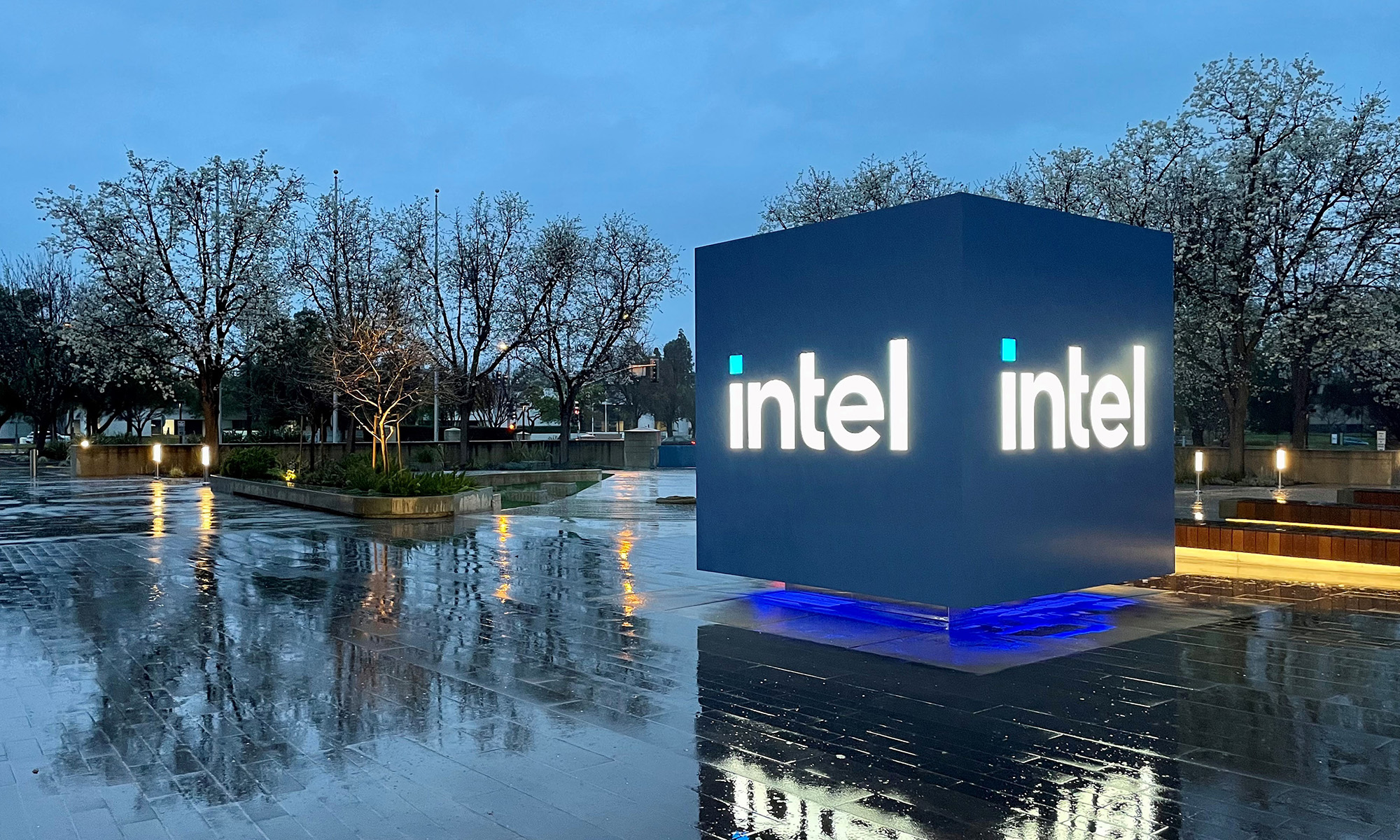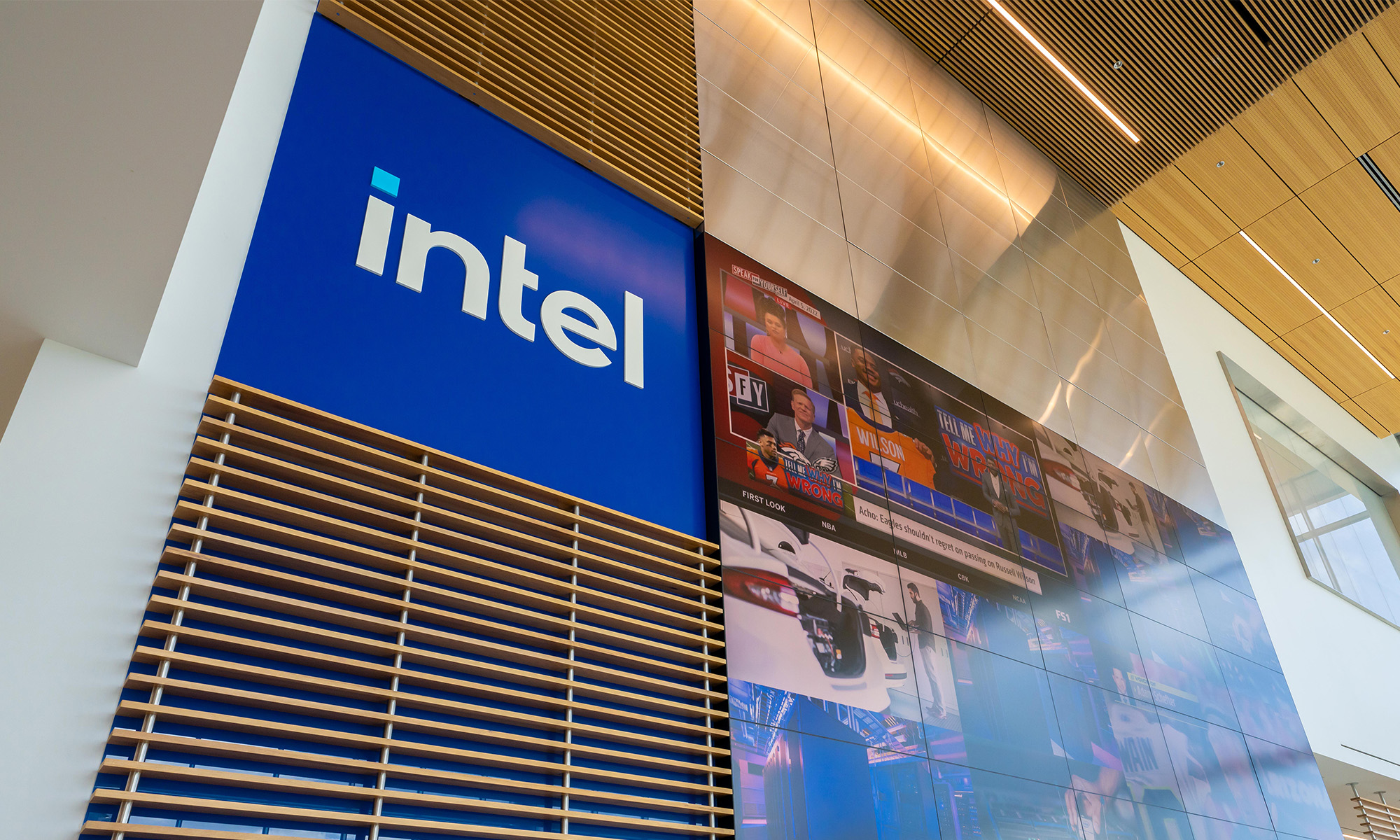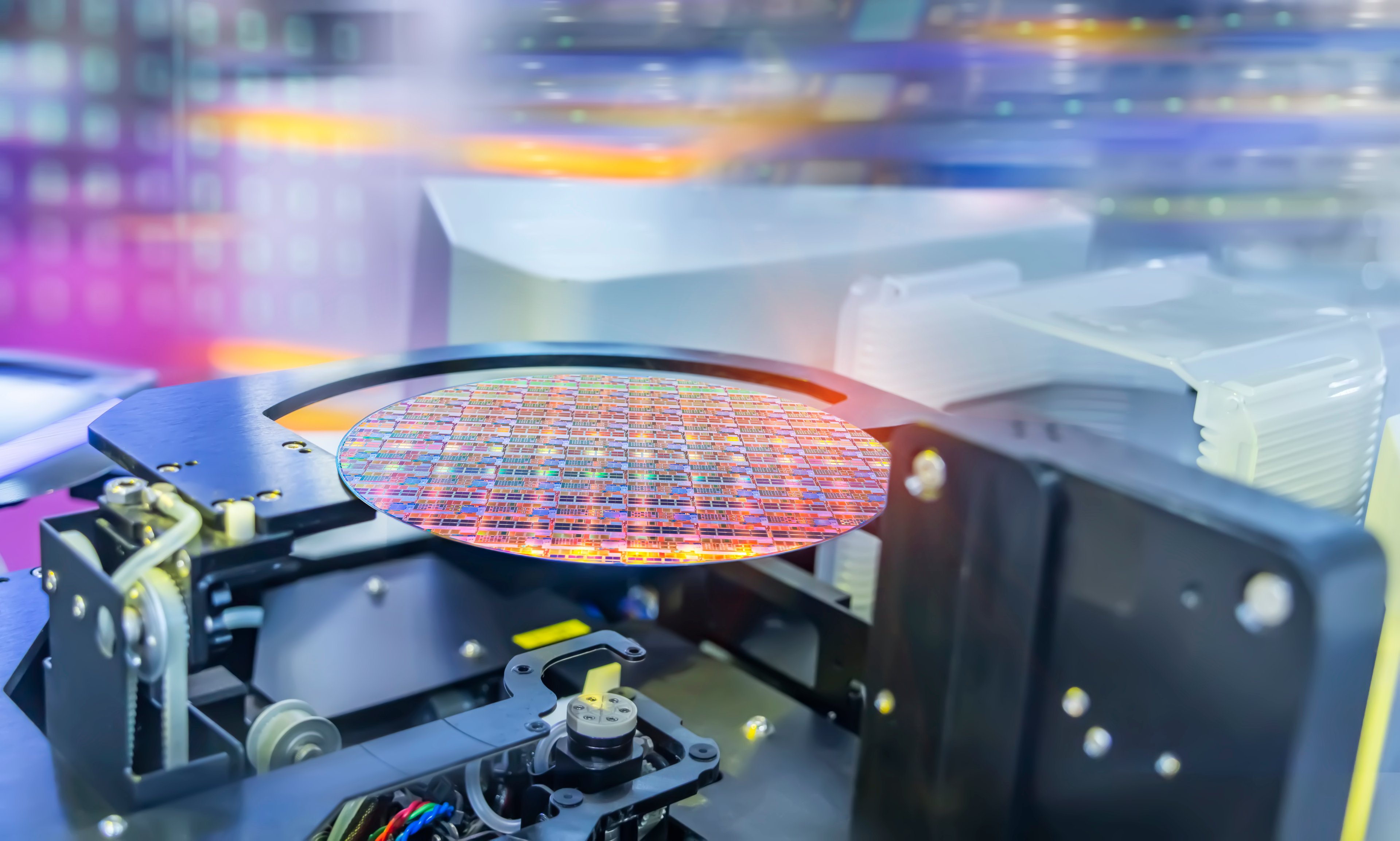During a question-and-answer session at the recent Credit Suisse Technology Conference, Intel (INTC +2.05%) CEO Brian Krzanich spent some time justifying the company's recent $16.7 billion acquisition of programmable logic maker Altera (NASDAQ: ALTR).
In this article, I'd like to go over what he said, particularly as I believe the comments should be of interest to all current and potential Intel shareholders.
Intel thinks it can grow Altera's base business
Krzanich claims that FPGA chips -- Altera's bread and butter -- "benefit nicely" from increasingly advanced chip manufacturing technology. According to the Intel executive, there is "strong data" to suggest that the FPGA vendor that is first to a new manufacturing technology (assuming a competitive underlying chip architecture) has "tended to gain share."
Krzanich thinks that by transitioning Altera's stand-alone FPGA products away from other chip manufacturers to Intel's in-house manufacturing technology, Altera (under Intel's wing) should be able to gain share against rival Xilinx (XLNX +0.00%).
"We believe we can add to their architectural capabilities and their Moore's Law capabilities to grow the base business at a faster rate," Krzanich said. "That was the fundamental first reason."
Feeding Intel's Data Center Group
Krzanich made it plain during the question and answer session that Intel is on the prowl for "anything that feeds" the company's large and rapidly growing Data Center Group (DCG), which he views as the company's largest "growth engine."
Per Krzanich, there are "significant workloads in the datacenter that are greatly enhanced by taking the software and putting it right into the FPGA."
One example that he gave of such a workload is facial search.
"If I want to do a facial search using all the Facebook data on the planet and see when two people are standing together next to the ocean, whatever the facial search I want to do, I want to use pictures to find all of those photos," he said. "If I take that software and drop it down into the FPGA and basically run it on silicon rather than run it outside in memory, I can get 25% to 30% performance improvement from that."
Krzanich further indicated that the efficiency gains from using FPGA acceleration can either be taken as higher performance (presumably for the same power consumption) or lower power (likely for the same performance).
Can't forget the Internet of Things
Although much smaller than DCG, Intel's Internet of Things Group (IoTG) is another of the growth engines that the company is betting on going forward. In a recent presentation, the general manager of Intel's IoTG said that Intel's served addressable market in this segment during 2016 should come in somewhere between $15 billion and $18 billion (though Intel's share is probably in the mid-teens percentage).
Unsurprisingly, Krzanich thinks that the Altera assets will help boosts Intel's IoTG.
Krzanich brought up ADAS (advanced driver assistance systems) as one potential application for FPGAs (and given the hype around ADAS/self-driving cars, it's not a surprise to see Intel's CEO pitching this example to investors).
According to him, assisted driving applications are quite complex, requiring many millions of lines of code and many sensors and sensor hubs working in harmony to handle the complexity of "driverless driving."
"Taking that software and putting it down in the FPGA, again drives performance, power and cost reductions as a result," Krzanich said.
OK, sounds great, but remember McAfee?
In his comments, Krzanich admitted that there is "a lot of skepticism on Intel's ability to do an acquisition" and even went so far as to say that this skepticism is justified.
He outright said that the company's last big acquisition -- its $7.7 billion purchase of security software maker McAfee -- "wasn't performing as it should," though he indicated that the company is taking steps to improve this business in the years ahead.
Krzanich claims that the company is taking what it learned from its acquisition of McAfee and is "applying it right up front to Altera."
"I can tell you my [board of directors] is holding me accountable that this will not be another bad acquisition," he asserted.
As an Intel investor, I hope Krzanich is right.







